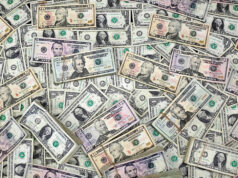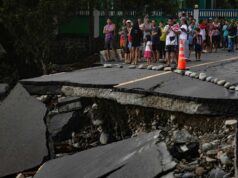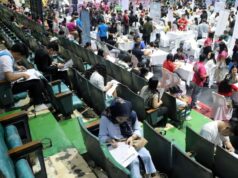Fitch Solutions upgrades PHL growth outlook on stronger state spending
FITCH SOLUTIONS raised its Philippine economic growth forecast, citing stronger economic expansion in the third quarter on faster government spending and strong household expenditures.
Fitch Solutions now sees Philippine gross domestic product (GDP) growth this year at six percent, from 5.8% previously, on the back of a “strong rebound in government expenditure and the continued reliance of household confidence.”
At the same time, it maintained its 2020 growth forecast at 6.1%.
The government has GDP growth targets of 6-7% this year and 6.5-7.5% for next year.
“Looking ahead, government consumption looks set to have a buoyant Q4 and rising domestic confidence is likely to result in continued strength in Philippine private demand. Following the mid-term elections in May, in which President Rodrigo [R.] Duterte secured an even stronger majority, and the early passing of the 2020 budget, we expect public sector expenditure to be a key contributor to maintaining the economy’s positive domestic demand story,” Fitch Solutions said in a Nov. 14 report.
Philippine GDP grew by 6.2% in the third quarter after a muted 5.5% average last semester, taking the year-to-date pace to 5.8%.
“With domestic consumption equivalent to around 77% of the Philippine economy, strength in these areas are key to the overall economic rebound,” Fitch Solutions said.
It also noted that “[b]oth business and consumer expectation surveys [of the central bank] point to strong domestic demand in the final quarter of 2019, with consumer confidence also signalling a more positive outlook for 2020.”
“We believe this is likely in part due to the impact of government stimulus, but also low inflationary pressures and the delayed feed-through effect of the Bangko Sentral ng Pilipinas’ easing measures,” the credit rater said in its report.
Among risks ahead, Fitch Solutions said it expected base effects from last year’s successive multi-year-high inflation rates “to fade over the coming months and also… a possible prolonging of delays in capital investment into 2020 should external demand remain weak.” — Luz Wendy T. Noble



